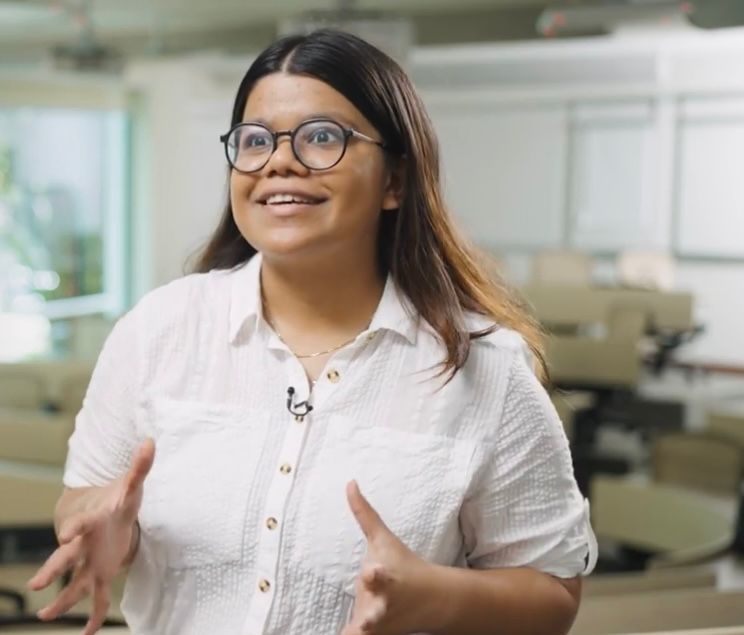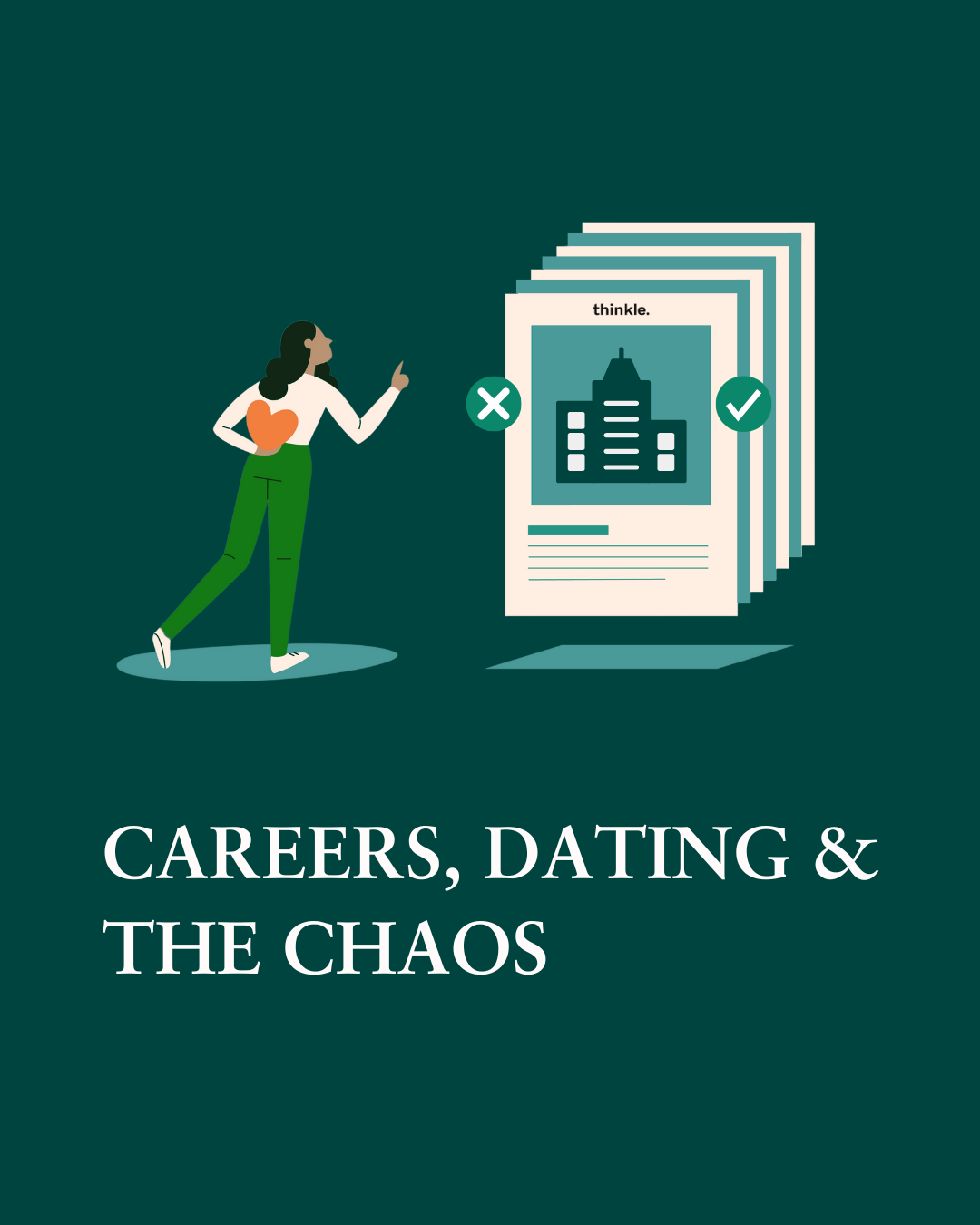At just 23, Pratt is a Key Account Manager in Bombay, nine months into a role that looks impressive on paper. A new job, in a new city, with a salary she once dreamed about. But the reality? It’s a whole different story.
Where Is She Now?
On the surface, everything seems perfect. “I’m doing well on paper,” Pratt admits. Anyone who glances at her LinkedIn or hears her job title would likely think she’s smashing it. And in some ways, she is. But behind the scenes, it’s been anything but easy.
I’ve never done this before. The learning curve is a straight-up 90 degrees.
The money is good, yes. But there’s a part of her that feels trapped. “I’ve always chased money, ever since I realized education costs so much, and, in my head, a job had to pay well for it to be worth it. And yeah, money does buy you some peace.”
But here’s the thing—no matter how many times she gets her nails done or splurges on small luxuries, that happiness is fleeting. “It helps for a day, maybe two, but it’s not a fix.”
Pratt isn’t where she thought she’d be.
Nothing’s broken, per se, but I feel… lost. I’m in a corporate job where there’s no creative outlet, no real impact, and I’m not passionate about it. And yet, I’m stuck because of the paycheck.
It’s a dilemma so many of us face: chasing financial security but feeling like something’s missing. “Money softens the blow,” she says, “but the damage is still there. I feel suffocated. The truth is, I don’t want to be in this industry, but it feels like I’m too deep to pull out now.”
Not everyone is lucky enough to start their career in something they love at 23. Some of us have to grind it out now so we can live better later. That’s where I’m at. It’s survival mode. I just keep reminding myself that this is temporary.
How Did She Get Here?
Pratt’s journey has been shaped by her experiences with people and life decisions that started early. “Things started becoming clearer for me after tenth grade, when people talk more openly about life. I noticed two types of people—those who openly chased money and those who didn’t talk about it much but still knew its importance. I was in that second group.”
But like so many of us, she didn’t really know how much money was “enough.” She just knew she didn’t want to live paycheck to paycheck. “If I could go back to being a tenth grader again, I’d redefine what ‘comfortable’ really means. Not just survival, but a little extra for peace of mind.”
Looking back, she realizes how much she’s stumbled her way through decisions. She rejected engineering early on because she wasn’t passionate about it, even though she’d spent months prepping. “I knew I’d never be good enough to make it as an engineer because I just didn’t care enough.”
Design seemed like the next logical step—she had always been the artsy kid—but by 11th and 12th grade, reality set in. “I realized I wasn’t that great, and I also realized it wouldn’t make much money. So, economics became my safety net.”
She loved economics, but it wasn’t without its own set of challenges. “I was good at it, but I knew I didn’t want to become an economist. I talk too much,” she laughs, “I realized I needed to work with people.” By the time undergrad ended, she was still trying to figure out what she wanted. A backend role at Accenture with coding made her realize how flawed the recruitment process is, and it wasn’t long before she decided to pursue a master’s degree. “The job market was a mess, the pandemic had just hit, and I wanted to find a way to secure a better future. Keeping money in mind, I chose a business and management course.”
What Would She Have Done Differently?
“If I could go back and do things over, I definitely would,” she says quietly. “But the truth is, I didn’t have all the information back then. I was just figuring it out as I went along, making choices that I thought were safe.”
It’s easy to look back and wish you’d taken a different path, but Pratt knows it’s not that simple. “You don’t always get the full picture when you’re in it. I did what I thought was best, and now I’m learning that maybe that wasn’t enough. But that’s okay. I’m learning.”
Where Does She Want to Go from Here?
Right now, Pratt’s not where she wants to be, but she’s figuring it out. “I don’t plan to stay in this industry forever,” she admits. “I’m using this time to grow, to save, and to learn more about myself. The key is showing up for yourself, even when it feels impossible.”

What’s She Proud Of?
- Persevering through the tough days
- Embracing discomfort
- Learning early that money isn’t everything
What Is She Thankful For?
- The paycheck: As much as it traps her, it also provides stability and a sense of comfort.
- Supportive people: The friends and mentors who are helping her navigate this confusing time.
- The ability to reflect: She’s grateful for the time to sit with her feelings, even when they’re hard.
Takeaways
- Lean into the discomfort. It’s scary, but not trying is worse than feeling stuck. You won’t have all the answers right now, and that’s okay.
- What matters is that you’re showing up for yourself, one day at a time.
Pratt’s story is still unfolding, but her journey—filled with missteps, tough decisions, and a whole lot of self-reflection—shows that sometimes, just surviving and showing up is its own form of success.




